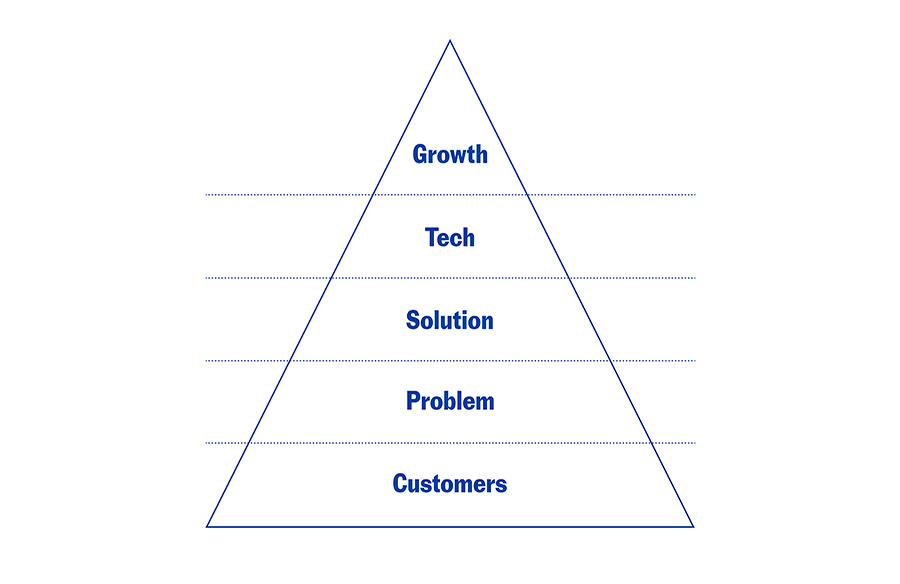Farok J. Contractor, Distinguished Professor at Rutgers Business School and Incoming President of the Academy of International Business (AIB), shares insights into his ongoing research interests and the broader landscape of international business in a recent video conversation.
Insights into Personal Background and Academic Journey
In his engaging discussion, Contractor reflects on his upbringing in India and how his experiences working for the Tata Group influenced his academic pursuits. He discusses how his doctoral studies at the Wharton School shaped his career trajectory and fueled his passion for research in strategic management.
Relevance of Research in Today’s Technological Era
Contractor delves into various research topics pertinent to the contemporary technological landscape. One significant aspect he addresses is the valuation of intellectual assets, such as patents and proprietary technologies, and the complexities involved in determining appropriate pricing strategies.
Addressing Post-Pandemic Supply Chain Challenges
Amidst heightened awareness of supply chain risks post-pandemic, Contractor examines the necessary shifts in global supply chain configurations and the role of emergent technologies in mitigating supply chain vulnerabilities.
Factors Influencing Foreign Direct Investment (FDI) Decisions
He also explores the multifaceted considerations multinational companies face when selecting investment destinations, including regulatory and institutional climates across different nations. Contractor identifies key regulatory factors that significantly impact FDI choices.
Government Policies and Attractiveness for Foreign Investment
From a governmental perspective, Contractor investigates the policies and issues that attract or deter foreign investment. By understanding the factors that influence incoming FDI, governments can tailor their strategies to enhance investment attractiveness.
Assessing the Optimal Scope of International Expansion
Contractor highlights the potential pitfalls of over-expanding into numerous nations, emphasizing the importance of discerning the optimal point of international expansion for multinational companies to maximize global profitability.
In conclusion, Contractor’s discussion provides valuable insights into the complexities of international business research and its implications for global economic policies and practices. His contributions enrich the ongoing dialogue within the field of international business studies.










